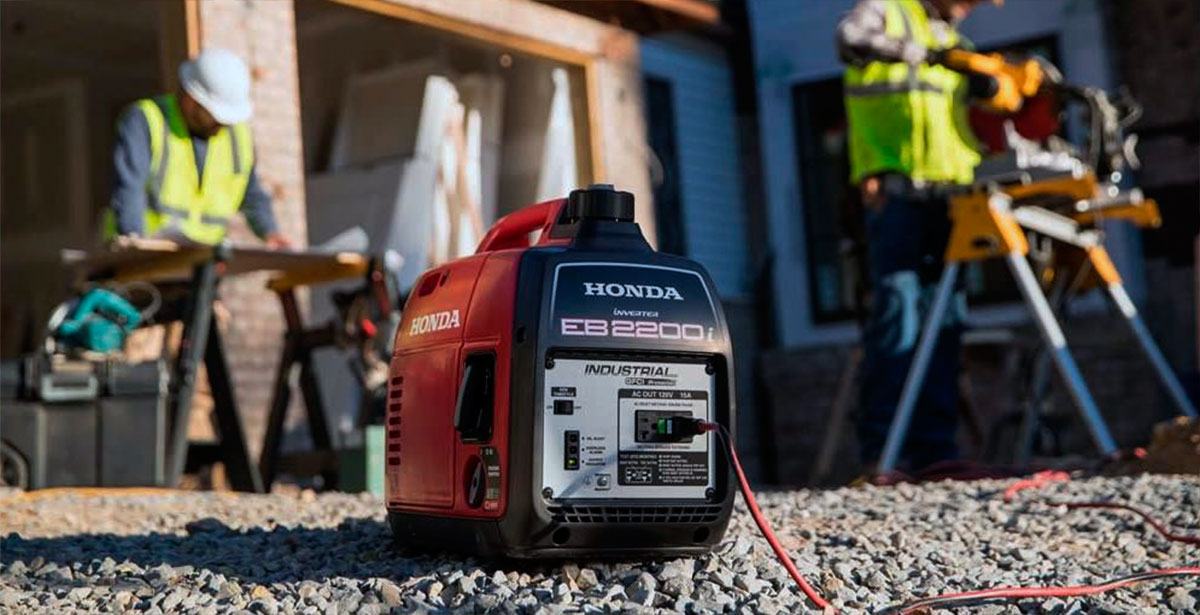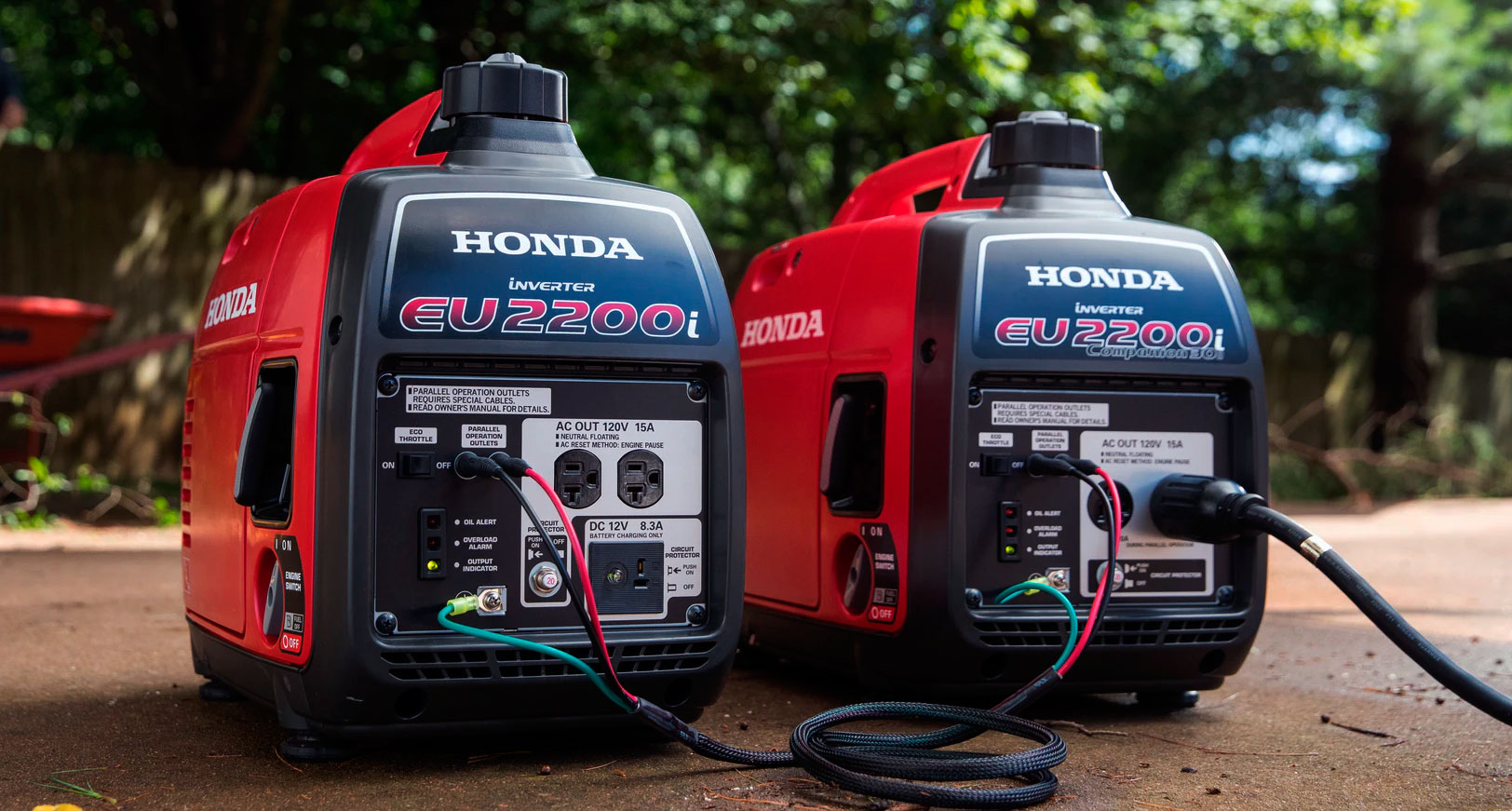Inverter generators are a great way to provide power for your home, RV, or another motorized vehicle. The 2000 watt inverter generator is the perfect size for powering most of your appliances and electronics with ease.
The 2000 watt inverter generator is all the power you need in most cases, so this size should be ample enough for your needs and budget. If you’re running air conditioning or heating, then that time may get reduced – perhaps to four hours of use with a 2000 watt inverter generator.
If you need more power, go for the 2500 watt or 2000/3000 watts inverter generators. They’ll give you about double the capacity in most cases and can also handle job-site tools like jigsaws, circular saws, drills, as well as other larger appliances such as a refrigerator. With 2000 watts of power, you’ll also be able to handle most household tools like a vacuum cleaner and an electric oven with ease.
Disadvantages of an inverter generator

Inverter generators are more expensive than regular generators. For example, the 2000 watt inverter generator costs about $900, while the 2000 watt non-inverting generator can be purchased for around $400. It is a large difference in price and one that many people may not want to incur if they don’t have a lot of money on hand.
Inverter generators are not as portable as regular generators. Inverter generators come with a large, heavy frame that can be difficult to move around without assistance or machinery such as a truck. The 2000 watt non-inverting generator is much more mobile and easier to lug around the house when necessary for use in emergencies.
Inverter generators are more difficult to repair. Inverter generators contain many internal components that need specialized attention and knowledge to properly diagnose the problem and fix it accordingly. However, a 2000 watt non-inverting generator can be fixed with a few simple tools that anyone could find around their house or apartment.
How loud is an inverter generator?
The most important thing about inverters is that they’re quieter than traditional generators and can run at lower speeds while still generating enough power for your needs without disturbing other people nearby or waking up sleeping children inside your home.
The engine in an inverter generator runs at 2000 RPM to produce power, unlike traditional generators that run at 3300 or 3500 RPM.
Is an inverter generator good for home use?
If you’re looking for a way to power your home during a blackout, an inverter generator might be the perfect solution. This kind of generator is different from traditional generators in that it produces electricity based on DC voltage rather than AC voltage. The inverter takes alternating current (AC) and converts it into direct current (DC). The DC signal can then be used by appliances just like they would use regular household electricity. Inverters are more expensive but have some benefits over traditional generators: they produce less noise, are lighter weight, and burn cleaner fuel.
If you’re looking for a reliable power source to keep your home up and running during outages or storms, an inverter generator may be the right choice!

